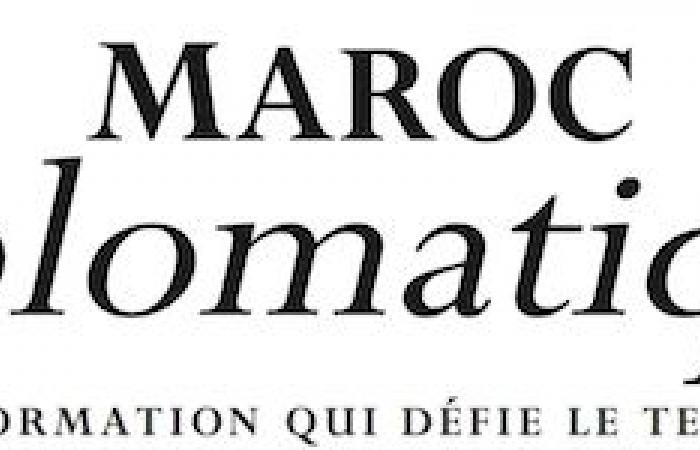On Tuesday, November 19, the summit of heads of state and government of the G20 countries, a group bringing together the 19 major world economies, as well as the European Union and the African Union, will be held in Rio de Janeiro, Brazil. .
This event constitutes the culmination of a year of work for Brazilian diplomacy, which assumed the rotating presidency of the group in December 2023, succeeding India. In addition to the permanent members of the G20 and the two participating blocs, Brazil, in its capacity as current president, invited several countries to join the discussions. Among these guests are Angola, Bolivia, Qatar, Chile, Colombia, Egypt, United Arab Emirates, Nigeria, Norway, Malaysia, Mozambique, Paraguay, Portugal, Singapore, l Spain, Tanzania, Uruguay and Vietnam. In addition, many invited international organizations will also participate in the summit’s work.
Under the Brazilian presidency, three priority themes were highlighted: social inclusion, the fight against hunger and poverty, the reform of global governance and the energy transition in favor of sustainable development. On Monday, the first day of the summit, the Global Alliance Against Hunger and Poverty will be officially launched, an initiative led by Brazil to mobilize countries and organizations to intensify efforts to eradicate hunger. and poverty by 2030. Initially unveiled in July during the meeting of finance ministers and central bank governors, this initiative has already recorded the participation of a “significant number” of countries, many which, according to Ambassador Mauricio Lyrio, Brazil’s chief negotiator, is constantly increasing.
During this first day, the leaders will also address the issue of global governance reform, a subject already covered at two previous meetings of G20 foreign ministers, in Rio de Janeiro in February and in New York in September. The discussions will focus on three main axes: the reform of global economic and financial institutions, such as the International Monetary Fund (IMF) and the World Bank; the modernization of the multilateral trading system represented by the World Trade Organization (WTO); and reform of the United Nations.
The second and final day will be devoted to questions of energy transition and sustainable development. The work of the group dedicated to these themes aims to propose solutions strengthening the global response to climate change, in particular by promoting the mobilization of climate financial flows. In this regard, the financial component advocates the establishment of policies, regulations and incentives intended to direct capital towards developing countries.
At the conclusion of the meetings, a final leaders’ statement will be issued. This, according to information communicated by Brazilian diplomacy, will contain a message in favor of promoting peace in global conflicts, with explicit references to the wars in Ukraine and the Middle East. This message, said Mauricio Lyrio, will reflect Brazil’s commitment to the reform of global governance: “Peace is essential to concentrate financial resources and political attention on the fundamental objectives of the international community, in particular the fight against poverty and support for sustainable development, including the fight against climate change,” said the diplomat.
The summit will end with a final session in which Brazil will transfer the rotating presidency of the G20 to South Africa, which will assume leadership of the group from 2025.






